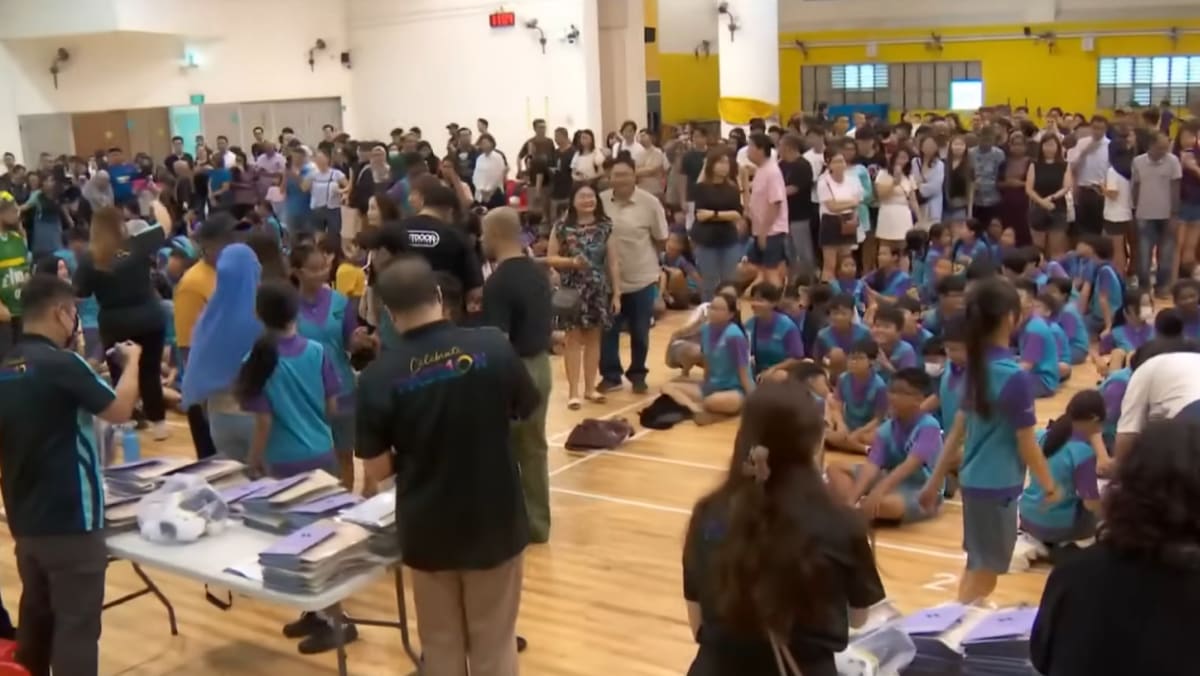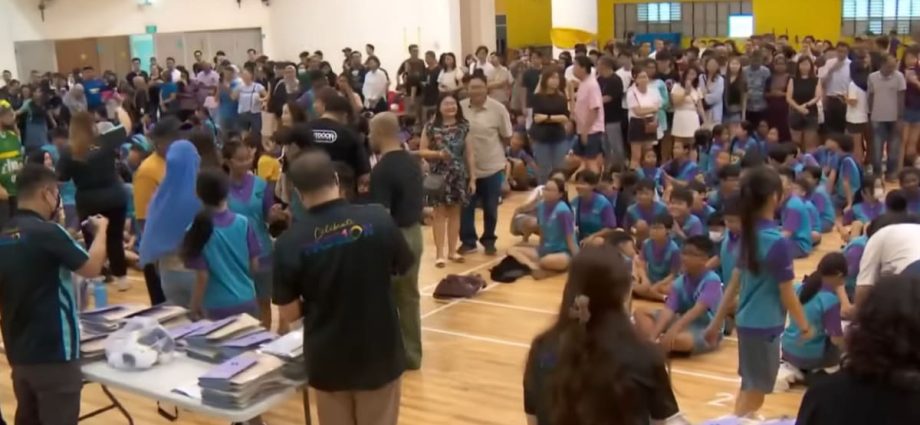
We see this playing out in Singapore, with worrying implications. According to a PISA study, 76 per cent of Singaporean students feel anxious about exams even when they are well-prepared, compared to the OECD average of 55 per cent.
One in 10 teenagers in Singapore suffers from at least one mental health disorder, according to a study by the National University of Singapore (NUS). Suicide has been the leading cause of death among youth aged 10 to 29 for the last five years.
The constant stress of striving for perfection, coupled with the ever-present fear of failure, can lead to unhealthy coping mechanisms. As a youth, I’ve seen many of my top PSLE-scoring, high-achieving peers struggle with depression, self-harm, and other mental health issues that we didn’t have the language for back then.
Furthermore, the pressure to overwork, at the expense of personal time, often isolates them, resulting in loneliness and the inability to seek help before they reach breaking point. I’ve had friends drop out of school, and lost a good friend to suicide just before the A-level exams.
TOLL ON MENTAL HEALTH
It’s not just about academic performance. As adults, many of my high-achieving peers are now in therapy to cope with the constant need to over-deliver. They’re nagged by feelings of inadequacy despite being high-fliers at work.
A study of over 900,000 adults in Sweden found that top-performing students are four times more likely to develop mental illnesses such as bipolar disorder in adulthood than those who achieved average grades

